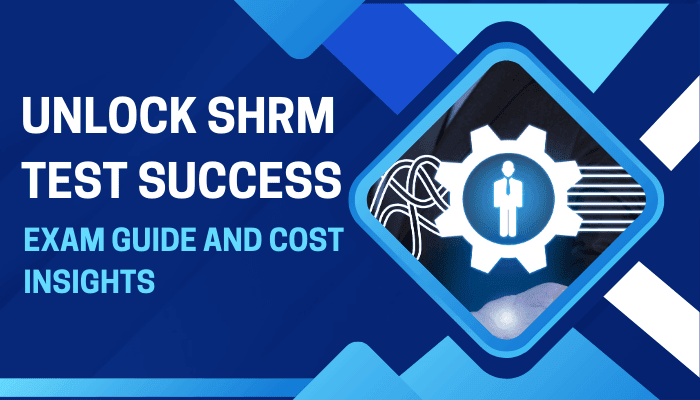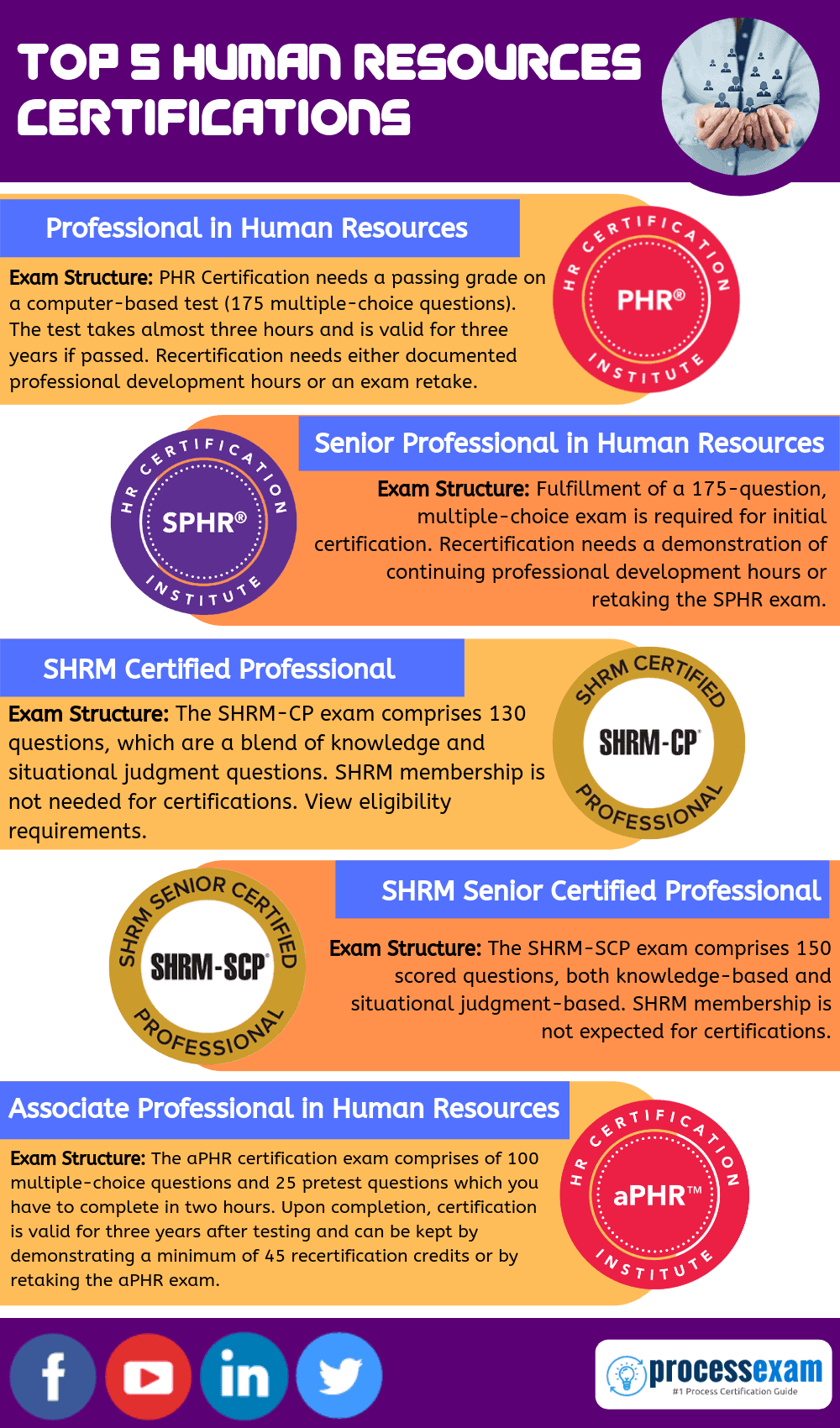Achieving certification from the Society for Human Resource Management (SHRM) can significantly boost an HR professional’s credentials and career prospects. This article provides an in-depth look at the SHRM test, including detailed insights into costs, qualifications necessary for the exams, and preparation techniques that ensure success.
Detailed Breakdown of SHRM Test Costs: What to Expect
Understanding the SHRM certification costs is crucial for anyone considering this career-enhancing step. The expenses involved in obtaining the SHRM test can be categorized into examination fees, preparatory materials, and additional resources. Let’s explore each of these categories in detail:
Examination Fees: SHRM-CP and SHRM-SCP Costs
The cost of SHRM exams varies depending on whether you are a SHRM member. For SHRM members, the Certified Professional (SHRM-CP) exam costs $495, while the Senior Certified Professional (SHRM-SCP) exam is $595. Non-members will pay $100 more for each level, with the SHRM-CP costing $595 and the SHRM-SCP at $695. These fees cover your seat at the examination but do not include study materials or additional resources.
Preparatory Materials: Books, Guides, and Online Resources
Beyond the examination fees, candidates must invest in study materials, which include official SHRM learning systems, practice tests, and revision guides. The cost for these materials can range from a few hundred to over a thousand dollars, depending on the comprehensiveness of the materials and whether they are new or second-hand.
Additional Costs: Workshops and Additional Study Aids
Some candidates may choose to enroll in workshops or additional courses to ensure they are fully prepared. These can vary significantly in price, depending on the provider and the depth of the material covered. Additionally, there might be costs related to membership renewals if you choose to join SHRM to take advantage of member discounts for the exam and materials.
Key Qualifications for SHRM Certification: Entry Requirements Explained
The SHRM certification is designed to validate your expertise and skills in human resources, and as such, it has specific qualifications that must be met before you can sit for the exam. These qualifications are split into educational and professional experience pathways, ensuring that the certification is accessible to HR professionals at various stages of their careers.
Educational Background and Professional Experience Requirements
For the SHRM-CP, the minimum requirement ranges from an HR-related degree and some HR experience to a non-HR bachelor’s degree and extensive HR experience. The SHRM-SCP requires more in-depth experience, typically at a strategic level, along with a consistent progression in HR roles. This ensures that the certification is aligned with the candidate’s level of professional development.
SHRM Exam Structure: What to Prepare For
The SHRM exams, both CP and SCP, consist of 134 questions, which include knowledge items and situational judgment tests. This structure is designed to assess not only your HR knowledge but also your ability to apply this knowledge in various scenarios, which is crucial for effective HR management.
Cost-Saving Strategies and Financial Aid for SHRM Candidates: Maximizing Your Investment
While pursuing SHRM certification requires a financial investment, there are numerous strategies and resources available to help manage and reduce these costs.
Tips for Economical SHRM Test Preparation
One of the most effective ways to save on costs is to take advantage of SHRM member discounts on exam fees and study materials. Additionally, buying used study guides or sharing resources with colleagues can significantly cut down expenses. Joining study groups can also reduce the need for formal courses, as these groups often provide support and share materials among members.
Financial Aid and Scholarship Opportunities
Several organizations, including SHRM itself, offer scholarships specifically for HR professionals pursuing certification. These scholarships can cover partial or full exam fees and sometimes include stipends for study materials. Checking local HR associations or your employer might also reveal available financial support options, as many organizations are willing to invest in their employees’ professional development.
Leveraging Practice Tests and Prep Courses for SHRM Exam Success: Essential Study Tools
To maximize your chances of success on the SHRM exams, it is essential to utilize practice tests and consider enrolling in prep courses.
The Value of Practice Tests
Multiple functions serve practice tests; they familiarize you with the exam format and types of questions and identify areas where further study is needed. They are an invaluable tool in gauging your readiness for the actual exam. Many online platforms, such as ProcessExam, offer a range of SHRM practice tests that simulate the real exam environment.
Choosing the Right Prep Course
Prep courses can be particularly beneficial for those who prefer a structured learning environment. SHRM-approved providers typically offer these courses and design them to cover all the competencies tested in the exams. When selecting a prep course, consider factors like the course’s length, the expertise of the instructors, and the included resources, such as access to practice exams and ongoing support.
Conclusion: The Strategic Advantage of SHRM Certification
Obtaining SHRM certification is a significant but worthwhile investment in your HR career. It not only enhances your knowledge and skills but also significantly boosts your professional standing and potential job opportunities. This concluding section encourages HR professionals to view SHRM certification as a strategic career move that provides long-term benefits.
Frequently Asked Questions About the SHRM Test
Q1: What are the key benefits of SHRM certification?
SHRM certification endorses your expertise and skills in HR, making you a valuable asset to any organization and enhancing your career progression opportunities.
Q2: How often are SHRM exams offered throughout the year?
SHRM exams are offered in two testing windows per year. It’s important to plan your application and study schedule according to these windows.
Q3: Can I retake the SHRM exam if I don’t pass on the first try?
Yes, candidates can retake the exam. This section provides details on the retake policy and tips for improving your score on subsequent attempts.
Q4: How does SHRM certification compare to other HR certifications like HRCI?
This question addresses the differences between SHRM and HRCI certifications, helping candidates decide which certification best aligns with their career goals.






